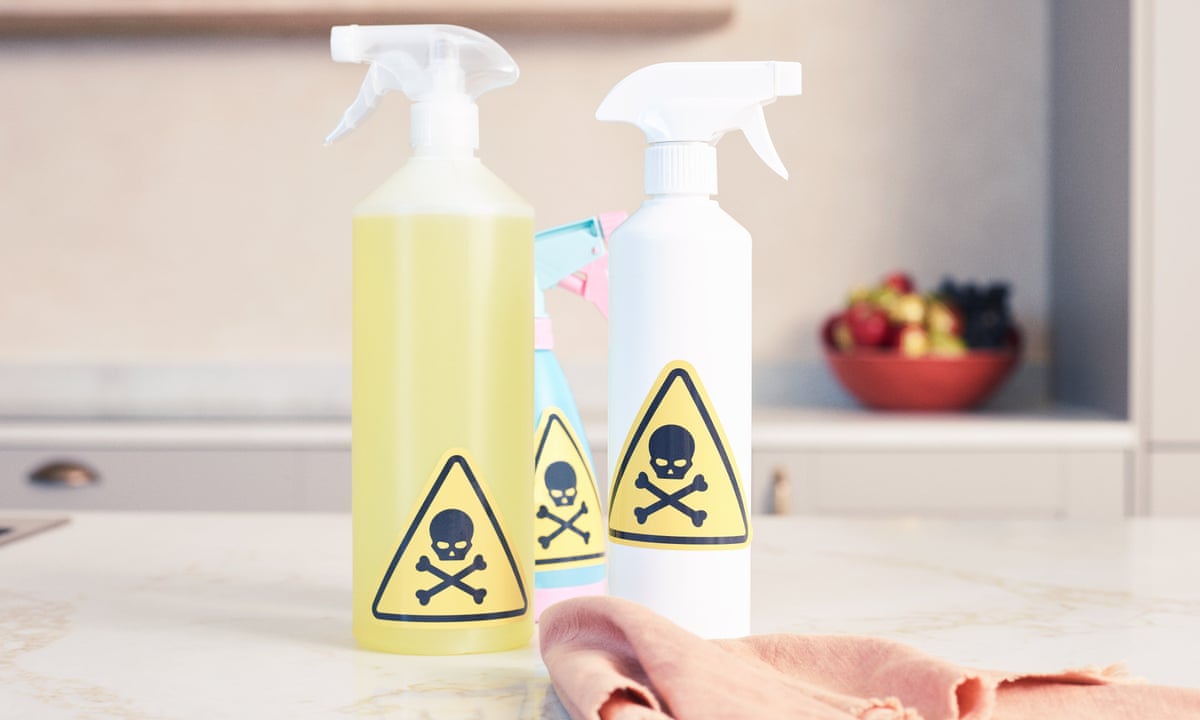
Recently, a lot of people have been talking about PFAS (polyfluoroalkyl substances) in conversations about the environment and health. These chemicals, which are made by humans and often called “forever chemicals,” are in many everyday products and have been linked to serious health problems. As consumers, it’s crucial to understand what PFAS are, where they’re found, and how they can impact our health. This article aims to inform us of the dangers of PFAS and provide actionable steps to reduce exposure to it.
What Are PFAS?
PFAS are a group of synthetic chemicals used in industrial and consumer products since the 1940s. They are resistant to heat, water, and oil, making them popular in a wide range of applications. Common examples include:
- Non-stick cookware (e.g., Teflon)
- Water-repellent clothing
- Stain-resistant carpets and furniture
- Food packaging (e.g., microwave popcorn bags, fast food wrappers)
- Firefighting foams
- Cosmetics and personal care products
The problem with PFAS is that they don’t break down easily. This is why they are called “forever chemicals.” They can build up in the body over time, which can cause health problems.
Health Risks Associated with PFAS Exposure
Research has linked PFAS exposure to a variety of health problems. While studies are ongoing, the following risks have been identified:
- Cancer: Some PFAS have been linked to a higher chance of getting kidney, testicular, and other cancers.
- Hormonal Disruption: PFAS can disrupt the endocrine system, affecting thyroid function and hormone levels.
- Developmental Issues: Pregnant women and children are especially at risk. There’s a link between PFAS exposure and low birth weight, developmental delays and other complications.
- Liver Damage: PFAS can accumulate in the liver, causing inflammation and other liver problems.
- Increased Cholesterol Levels: Some studies suggest there’s a connection between PFAS exposure and high cholesterol.
PFAS Exposure and How to Reduce It
PFAS are everywhere in our environment. People can be exposed to PFAS in many ways:
- Drinking Water: Contaminated water, especially near industrial sites and military bases, is a major source of PFAS.
- Food: PFAS can enter food from packaging or contaminate crops and livestock through polluted soil and water.
- Household Products: Non-stick pans, stain-resistant fabrics, and some cleaning products may contain PFAS.
- Personal Care Products: PFAS may be found in certain cosmetics, dental floss, and shampoos for their water-resistant properties.
- Dust and Air: PFAS particles can be found in household dust or released into the air from industrial activities.
Reducing PFAS Exposure
Completely eliminating PFAS exposure is nearly impossible, but we can take steps to reduce our risk:
- Filter Our Water: Use a high-quality water filter (reverse osmosis or activated carbon) that is certified to remove PFAS.
- Avoid Non-Stick Cookware: Use stainless steel, cast iron, or ceramic cookware.
- Choose PFAS-Free Products: When buying cookware, textiles, and food packaging, look for products labeled as “PFAS-free” or “PFOA-free.”
The rising awareness of PFAS’s dangers has created a demand for innovative, sustainable solutions. APP Group, a leader in sustainable packaging, addresses this need with their groundbreaking product, Delipac. This product exemplifies how businesses can prioritize both people and the environment by providing eco-friendly, PFAS-free alternatives.
Delipac by APP Group is a fully recyclable, compostable, and biodegradable solution designed to replace traditional PFAS-containing materials. It offers grease and moisture resistance without the use of harmful chemicals, making it a responsible choice for businesses and consumers alike. By choosing Delipac, businesses and consumers can actively reduce their dependence on PFAS while supporting a circular economy.
APP Group’s dedication to sustainability is consistent with global regulatory objectives and the increasing demand for safer, greener options. Delipac benefits consumers and the planet by minimizing the long-term environmental effects of “forever chemicals.” Additionally, APP Group continues to research and develop innovative solutions for healthier products. Through continued innovation and responsible practices, APP Group is setting an example for other companies in the industry, proving that it is possible to prioritize both health and environmental responsibility.
